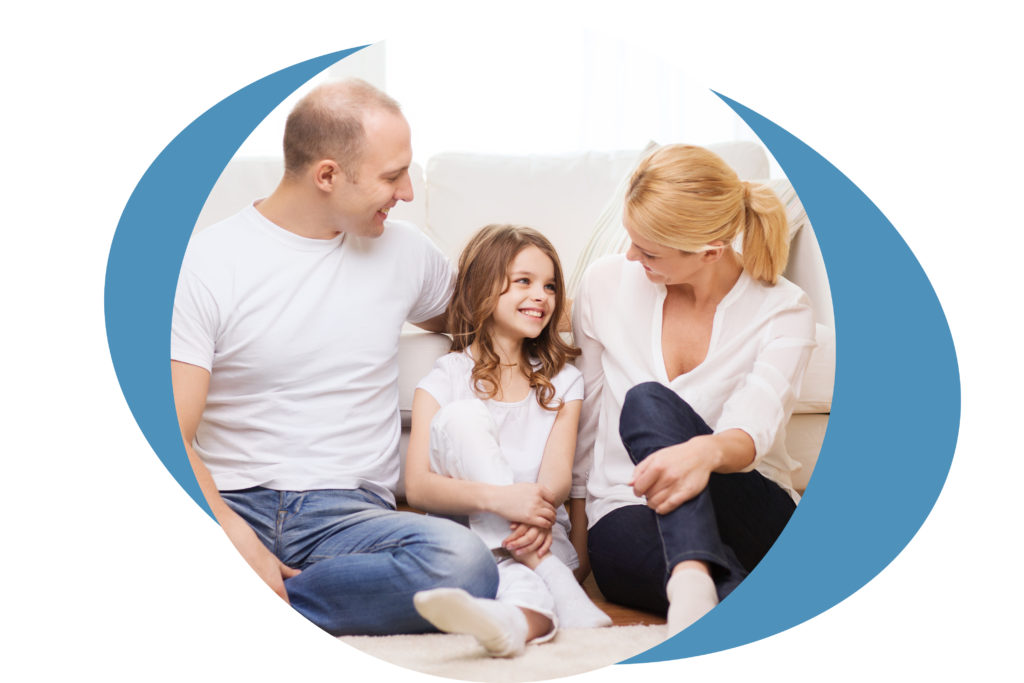Child Anger Management
Anger Management
Anger is usually characterized by stress, frustration and irritation. It is a strong emotional and physical release that happens quickly and at times, without warning. For a child, it can be confusing to understand the physical reactions (racing heart, tense muscles, sweat) and the negative thoughts they are having towards themselves and those they love.
From a physiological perspective, anger is a primitive response utilized for survival. For children, their more intellectual mind is not fully developed yet. So when triggered, their primitive instincts kick in, igniting the amygdala to fight back.
The intellectual mind that is developing does kick in at some point, enabling a child to later reflect on their behavior and experience remorse for their reaction. But the primitive brain is much stronger, and ultimately is responsible for the instinctual and impulsive reaction that occurs in the moment.

Signs That Your Child Needs Assistance In Dealing With Anger:
Although anger is a normal reaction, it is important to identify when your child’s reaction is inappropriate and unhealthy.
- They cannot control their aggressive impulses
Physically hurt themselves or others
Severe and frequent tantrums / outbursts
Difficulty with constructive problem solving and taking accountability
Damage property
Have difficulty maintaining friendships and connections to others
Express constant distaste for themselves or others

What Causes Anger in Children?
Academic pressure
Attentional / hyperactivity concerns
Emotional, physical or sexual abuse
Family conflict
Family dynamic and communication style
Grief / Loss
Language and processing deficiencies
Learning disabilities
Stress from social interactions and friendships



